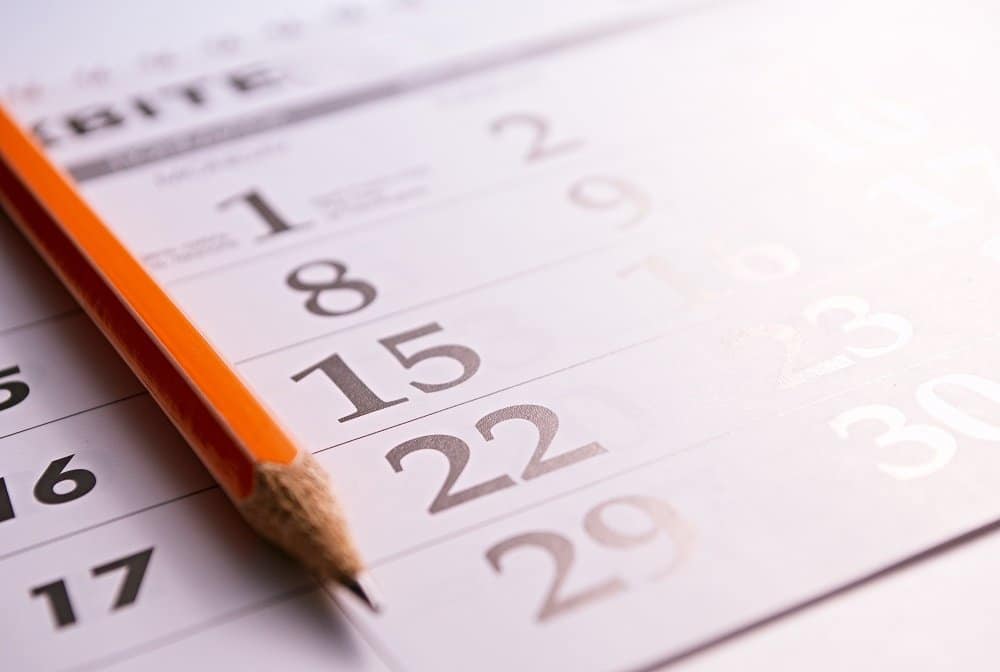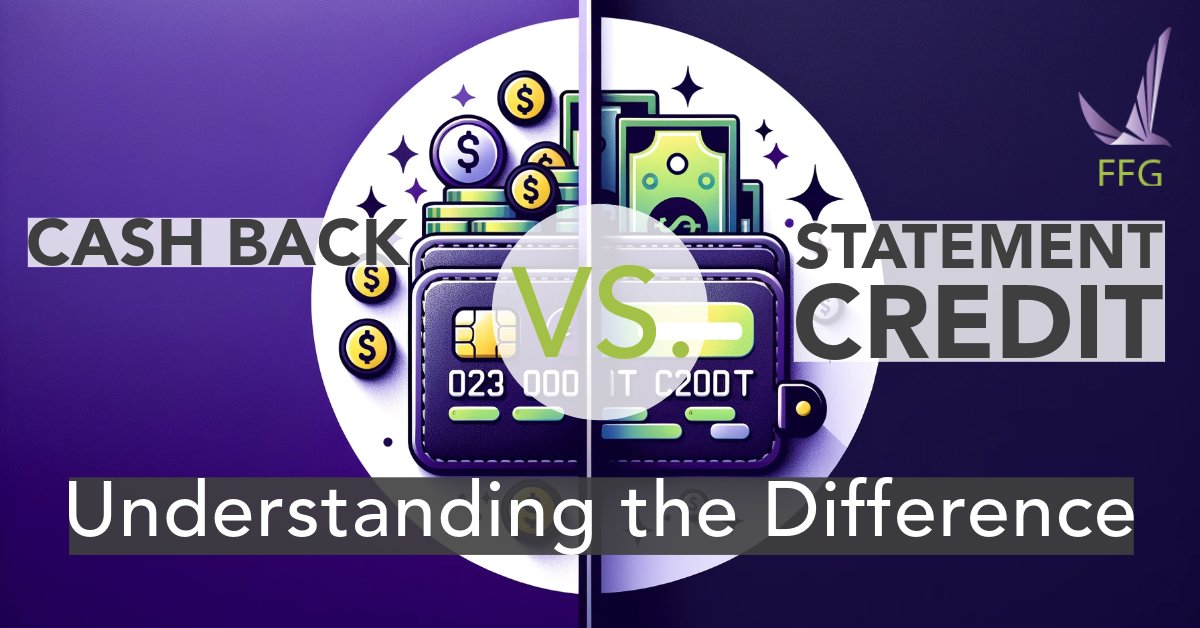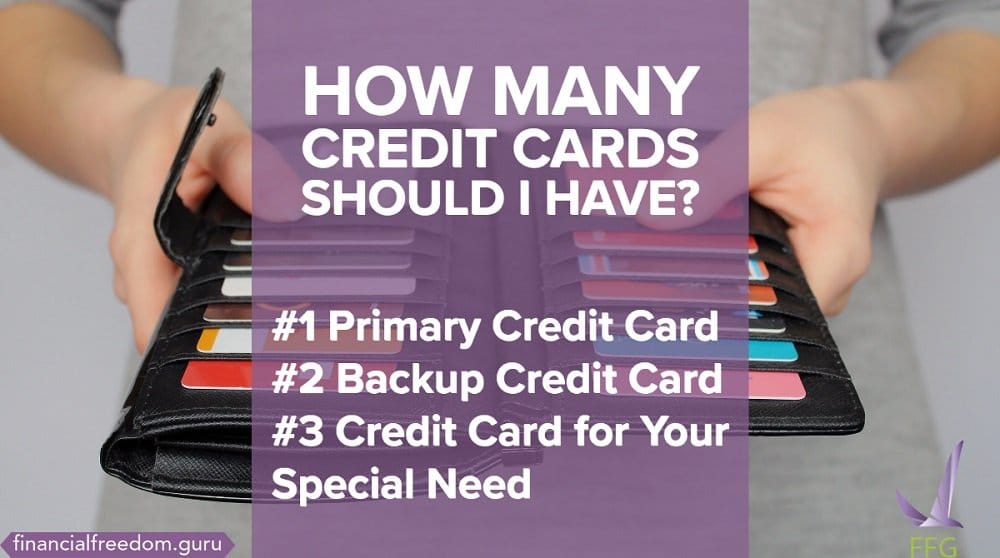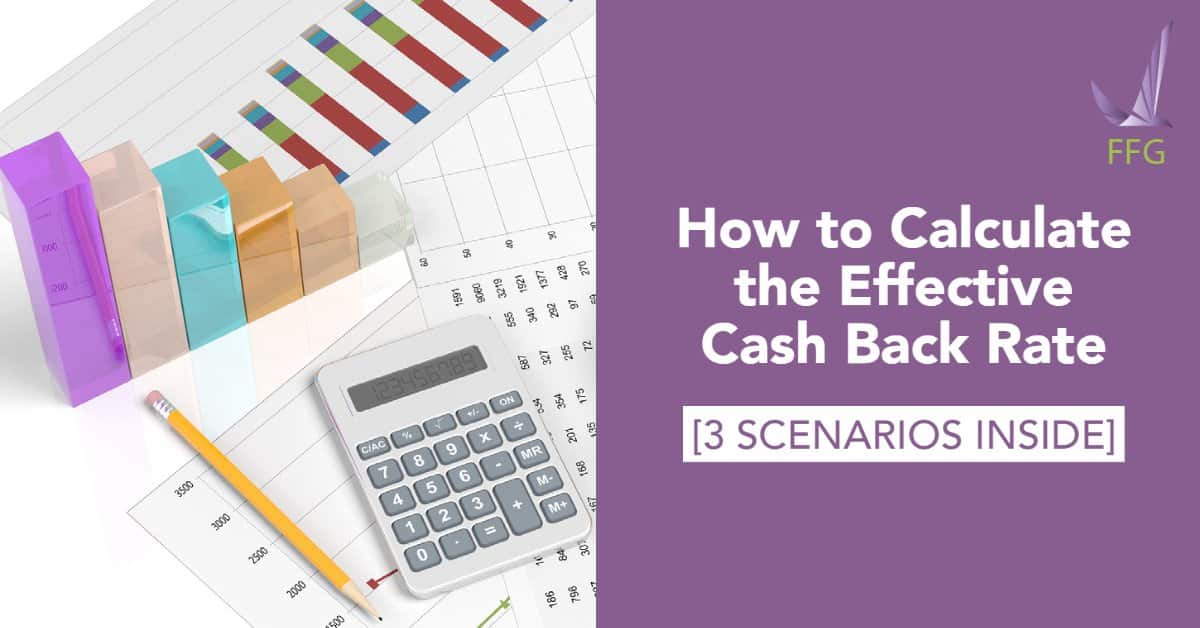Credit Card Grace Period: Understand How It Works and Take Full Advantage Of It

Did you pay interest on your credit card purchases from this month? If you have, is this a common habit for you? When you’re regularly paying interest on your purchases, you probably aren’t familiar with your credit card grace period. Many people think it’s normal to pay interest on our purchases every month. This misinformation consistently separates customers from their hard-earned money. Understanding the credit card grace period and knowing how to use it will save money immediately and long-term.
Table of Contents
How Credit Card Grace Period Works
Most credit cards grant some time in which to fully pay off your credit card balance before interest is applied. This is your credit card grace period. More specifically, it’s the time when your billing cycle ends to when your credit card payment is due. A typical grace period is between 21 to 25 days. Pay off your balance by the billing due date and your card issuer won’t charge interest on your purchases. Yet, pay one day late and your card issuer will apply interest per your card agreement.
Your credit card grace period is governed by the CARD Act (2009). By law, credit card companies cannot count your payment as late if a payment is made within 21 days. If your due date is a day when your card issuer does not take a payment, don’t panic. Your card issuer must accept your payment on the next business day and not count it late. If you’re not sure about your grace period, consult your credit card statement or credit card agreement. You can get a copy on your credit card issuer’s website, or request a copy from your credit card company. Look for the section that describes how your issuer calculates finance charges. Your grace period will be referenced here.
Your grace period will occur under two conditions:
- You pay off your balance each month. Most transactions will be exempt from interest. Cash advances and balance transfers are the exceptions: both start generating interest as soon as they occur. If you don’t use any of these transactions, you effectively have an interest free loan. For example, let’s say you spent $500 on your credit card last month. Should you pay your balance off by the due date, you won’t owe any interest next month.
- If you carry a balance. You’ll be charged interest on any remaining balances beyond the due date. This will be reflected in your next month’s bill. Carrying a balance means that you’ll owe interest on future bills. Using the example from earlier, let’s say you repaid $400 of the $500 owed on your account. Interest will be applied to the remaining $100 balance, plus new purchases made on the following billing period. The only way to correct this is to pay off your bill for two consecutive billing periods.
These are just general explanations for how credit card grace periods work. For your specific situation, we advise that you consult your credit card agreement.
How To Avoid Paying Interest
To avoid paying interest, make sure you pay off your balance by the bill due date. This ensures that any trailing interest will not pop up (because there is nothing to charge interest on). Many people don’t realize that interest applied to future bills because they once owed a little bit after the due date. They think that interest is just another line item on the bill.
Pay attention to your credit card statements. It is a proven way to keep track of billing due dates. Failure to pay on time results in penalties like late fees and interest. It will also cause your credit score to drop due to a blemish to your payment history. Worse, your grace period is revoked for the next billing period.
How You Can Extend Your Grace Period
Sometimes we just need a little more time to pay off our credit card. You can ask the credit card company to change your bill’s due date. This could grant an extra week in your credit card grace period. You can also make your purchases early in the billing cycle. Doing this gives you the remainder of the billing period and grace period to repay.
Use Your Credit Card Responsibly
If you know how your credit card grace period works, you can do double duty. You’ll be able to control your credit card balance while avoiding preventable interest. Saving money on interest is good. Managing your credit card balance leads to you paying it off in full every month. Don’t forget, you don’t have to pay interest on your purchases every month. Let the benefits of the grace period inspire you to pay off your bill a little faster every month.





